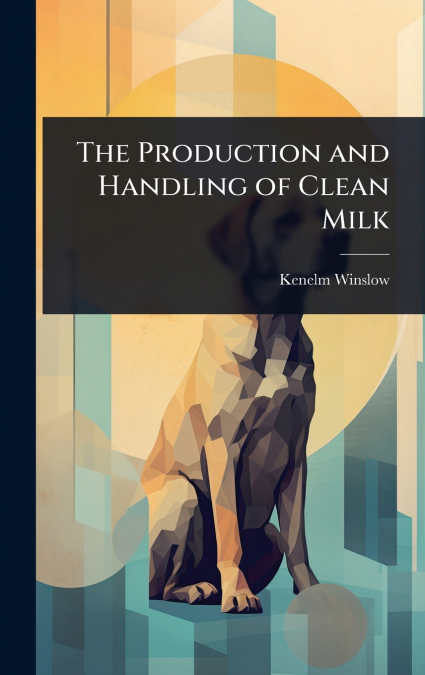
Kenelm Winslow
âThe Production and Handling of Clean Milk,â by Kenelm Winslow, offers a detailed look into the practices of early 20th-century dairy farming with an emphasis on hygiene and safety. Winslow meticulously outlines the procedures necessary for producing and handling milk in a manner that minimizes contamination and ensures a healthier product for consumers. This book explores topics such as the construction and maintenance of dairy facilities, the health and care of dairy cattle, and the methods for cooling, storing, and transporting milk. Winslow’s work is a valuable resource for understanding the historical context of food safety regulations and the evolution of dairy farming practices. It provides insights into the challenges faced by farmers in ensuring the purity of milk and the steps taken to overcome these challenges. Although written over a century ago, the fundamental principles of cleanliness and careful handling remain relevant to modern dairy production.This work has been selected by scholars as being culturally important, and is part of the knowledge base of civilization as we know it. This work was reproduced from the original artifact, and remains as true to the original work as possible. Therefore, you will see the original copyright references, library stamps (as most of these works have been housed in our most important libraries around the world), and other notations in the work.This work is in the public domain in the United States of America, and possibly other nations. Within the United States, you may freely copy and distribute this work, as no entity (individual or corporate) has a copyright on the body of the work.As a reproduction of a historical artifact, this work may contain missing or blurred pages, poor pictures, errant marks, etc. Scholars believe, and we concur, that this work is important enough to be preserved, reproduced, and made generally available to the public. We appreciate your support of the preservation process, and thank you for being an important part of keeping this knowledge alive and relevant.